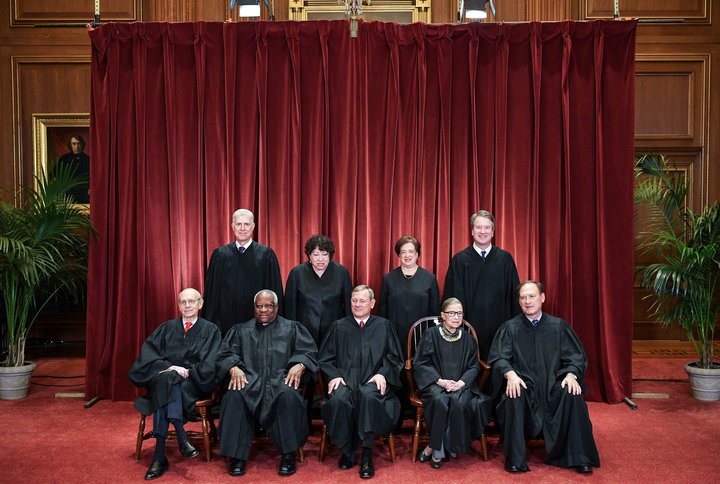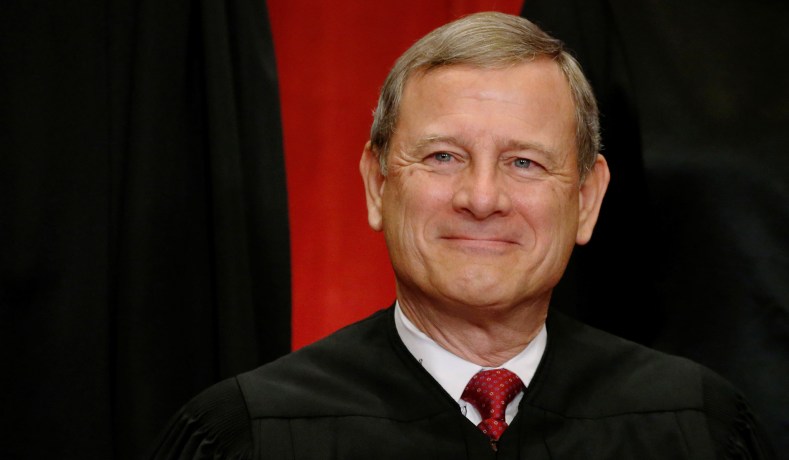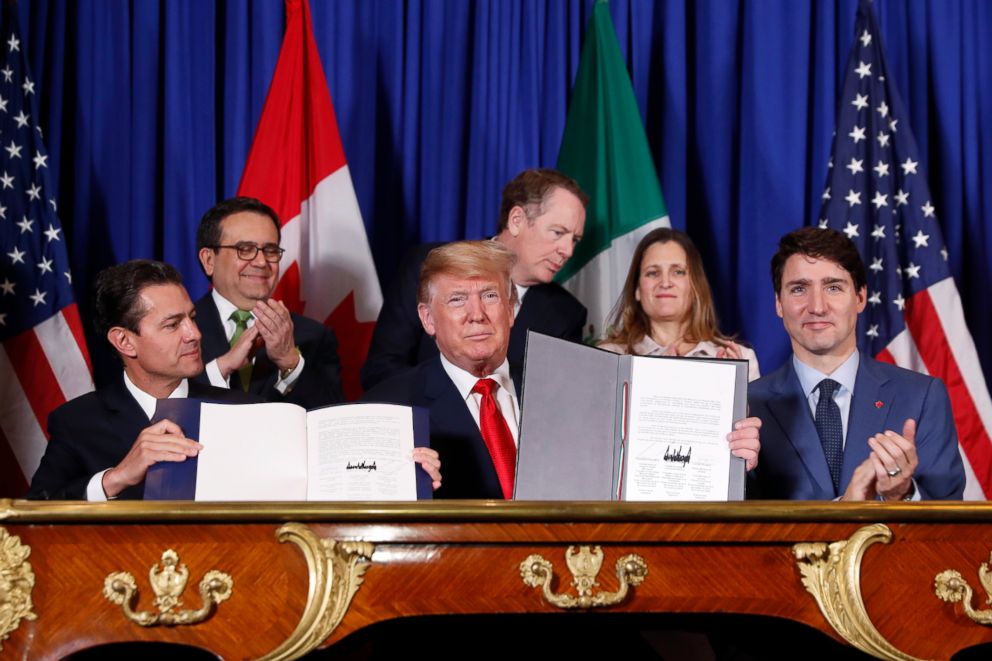
The big reform package on voting rights, campaign finance and ethics that House Democrats plan to pass in January will not include a reauthorization and fix to the Voting Rights Act of 1965.
Democrats on the House Judiciary Committee, along with outside voting rights litigators, will support moving the Voting Rights Act measure separately to ensure they build a legislative record that will show why the law is still necessary when it faces court challenges.
“Everybody wants to make sure that they do this right and in a way that will not only be a stronger fix for the Voting Rights Act but also will be able to withstand any constitutional challenges,” said Wendy Weiser, director of the Democracy Program for the Brennan Center for Justice.
Democrats’ reform package, their first bill of the new Congress, will still include major voting rights reforms alongside its other pieces of campaign finance and ethics reforms. The bill will still include legislative language mandating automatic voter registration, preventing overly broad voter purges and promoting early and online voting. It will also include an affirmation in support of reauthorizing the Voting Rights Act along with a statement of facts inserting present-day examples of voter suppression into the congressional record.
None of those measures needs a record of evidence in the same way that a reauthorization of the Voting Rights Act does. The federal government used to have the authority under the Voting Rights Act to shoot down election laws from certain jurisdictions if they were found to be discriminatory. In 2013, the five conservatives on the Supreme Court overturned that authority in Shelby County v. Holder.

MANDEL NGAN via Getty Images
In his majority opinion for the court, Chief Justice John Roberts wrote that the formula used by the Department of Justice to determine discrimination relied on outdated data and evidence that did not reflect the changed nature of race relations in the United States. And Congress used that same outdated data, according to Roberts, when it reauthorized the act in 2006 instead of crafting a new formula based on more recent data and evidence of discrimination.
“Congress did not use the record it compiled to shape a coverage formula grounded in current conditions,” Roberts wrote. “It instead reenacted a formula based on 40-year-old facts having no logical relation to the present day.”
Voting rights activists and Democratic Party politicians vehemently disagreed with Roberts’ ruling in the Shelby County case. But they recognize that any future reauthorization of the Voting Rights Act needs to have a developed record of evidence built alongside it to withstand scrutiny from the conservative Supreme Court.
“Obviously, we felt that before Shelby there was plenty of evidence of necessitating the Voting Rights Act to be kept as it was, but the Supreme Court felt otherwise,” said Todd Cox, policy director for the NAACP Legal Defense and Educational Fund. “And I think, quite frankly, there’s been ample evidence subsequent to Shelby pointing to the need to restore the Voting Rights Act. We have at least 10 cases where courts, federal courts have found intentional discrimination against voters.”
Those cases include the passage of voter identification laws in Texas and North Carolina, and North Carolina’s roll-back of early voting, same-day registration and registration drives, changes that targeted African-Americans with “surgical precision,” according to a federal court. They could also include the kind of voter purges deployed in Georgia’s gubernatorial race between Republican Secretary of State Brian Kemp and Democrat Stacey Abrams. Rep. Elijah Cummings (D-Md.), the incoming oversight committee chairman, has already stated he wants to call Kemp in to testify.
Democrats will hold votes on both their big democracy reform package and the reauthorization of the Voting Rights Act, which will be introduced by Rep. Terri Sewell (D-Ala.), next year. Senate Majority Leader Mitch McConnell (R-Ky.), the biggest opponent of campaign finance reform, already stated that he would not allow a vote on the larger democracy reform bill. Republicans refused to move any fix for the Voting Rights Act after the Shelby decision in the past three Congresses.
Whether Senate Republicans support these bills or not, Democrats see passing them in the House as a necessary statement of what their party stands for and what it would do if it controlled both chambers of Congress and the White House.



